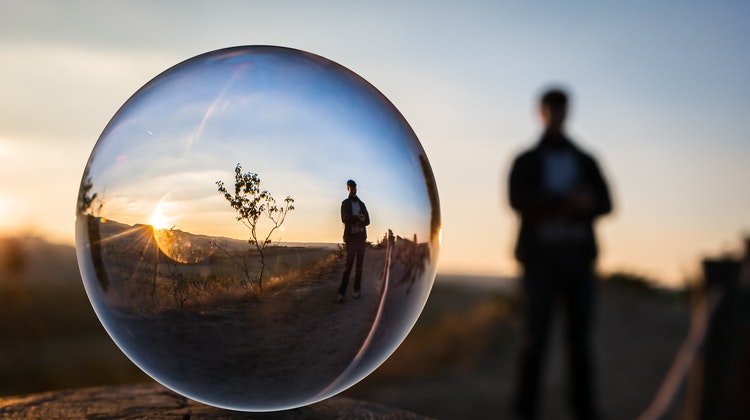
Photo Credit: pexels
According to just about every Internet research survey, Americans are more polarized than ever before, and a big reason for that is social media. In their unending search for more user engagement, the big social media platforms have given a bullhorn to the loudest and most abrasive voices, and tweaked their algorithms to make sure that you are manipulated both emotionally and psychologically every time you visit. Clearly, social media is good at polarizing us.
Social media places too much emphasis on viral, contagious ideas
It’s not for nothing that a new mantra among social media analysts is, “If it’s outrageous, it’s contagious.” In other words, for anything to go viral these days, it has to be off the charts in terms of emotion, intensity or outrageousness. The easiest way to grasp this is by considering the current political landscape. It’s not enough to say that a certain politician has some misguided policy ideas – you have to demonize the individual, invoke names like Mussolini or Hitler, and claim that a certain policy will lead to the end of America as we know it. And just think about how much time the big cable TV networks spend on dissecting certain tweets or Facebook posts – it almost encourages people to be as outrageous as possible on social media, in order to get their voices heard on TV.
Social media reinforces and hardens our stances
For almost a decade, we’ve heard about the “filter bubbles” created by social media. In other words, you’re highly likely to see the same types of content from the same types of people over and over again, as long as you are commenting on and liking that content. Once Facebook has “figured you out,” it will continue to jam your newsfeed with ideas, stories and narratives that confirm your own biases and opinions. And that causes a hardening of positions online. If you think that everyone should think exactly like you think, then you are much more likely to be offended and triggered by anyone who thinks differently. What’s wrong with these people? Is what you are probably thinking any time you are exposed to opposing narratives, and for good reason.
And that’s perhaps why social media is so insidiously polarizing – any opposing opinions that manage to break through your filter bubble are likely to be extreme, edgy and highly controversial. And that causes you to think that these people on the other side of an issue are even more delusional, crazy and downright dangerous than you thought before.
It’s not just politics — it’s any topic you might imagine, such as sports. Just think of a typical conversation at a Philadelphia tavern – on one side, you might have people arguing that QB Jalen Hurts is the only reason the Eagles have a legitimate shot at making the playoffs every season; and on the other side, you might have people calling for him to be benched or traded. On social media, you’ll have people going further than that, like Barstool Sports stating outright that the “Eagles Suck“
See? You can polarize people pretty quickly once you start pushing an argument too far and pulling some emotional triggers with ALL CAP replies. All of a sudden, you might be called an “idiot” or “moron” for even thinking that Hurts might actually be a decent QB who is simply in need of a better supporting cast. And that’s when things can really escalate on social media, with people ignoring broader social norms in order to pepper you with obnoxious DMs and comments.
Social media taps into broader trends taking place in America
Perhaps most importantly, social media is actively feeding into other trends that are taking place in America. For example, we now have a highly partisan media, in which you have loud, obnoxious talking heads on the Right competing for airtime with loud, obnoxious talking heads on the Left. It only makes sense that they would continue their ideological battles on social media, leading to even more polarization.
And you also have insidious forces at work on social media that appear to be tearing us apart on purpose. You can call them “Russian bots” or “foreign trolls” or whatever you want, but it’s clear that nations watching America from afar have decided that the only way to weaken us is to sow division, discord and paranoia. And social media, as even Facebook CEO Mark Zuckerberg has conceded, is particularly well placed to do exactly that.
Why polarization is so dangerous
Polarization should have us all concerned. That’s because there are two key facets to polarization. One of these is “affective” polarization, which is how much people from one party dislike members of the opposite party. And the other facet is “ideological” polarization, which describes how far apart members of each party are on ideas like abortion and gun control and immigration. In layman’s terms, you can hate the people on the other side for who they are, and you can hate the people on the other side for what ideas they hold dear. What’s dangerous is when you hate them for both reasons – which is precisely where we are today in America. Let’s just hope that a new president can really get both sides together on the same team, and finally bring some healing back to this nation that has just undergone four long, strange years of division and polarization.